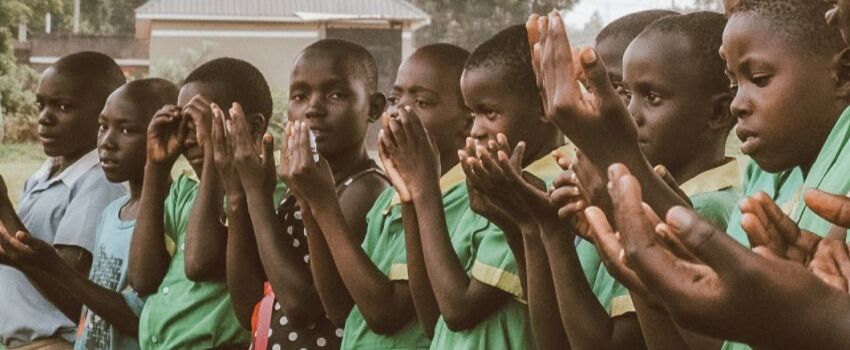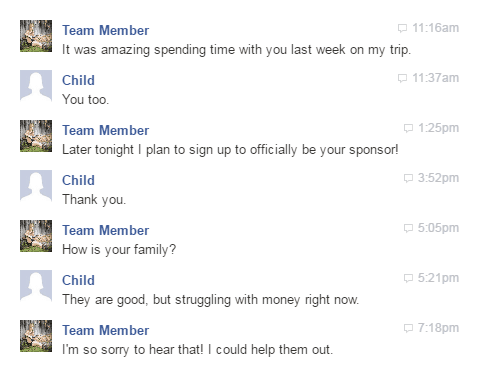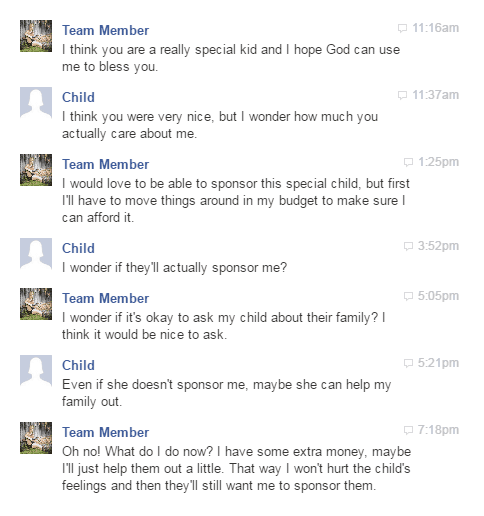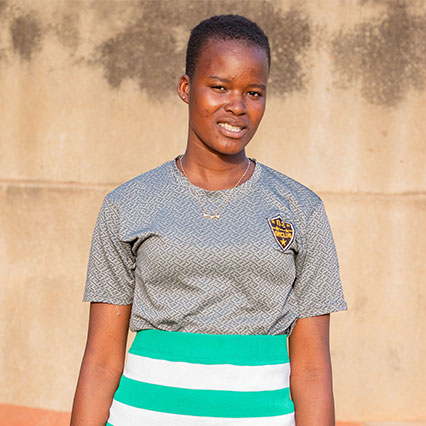
New Uganda Children’s Program
We are so excited to be starting 2019 off with the addition of a brand new Forward Edge ministry location. Our newest Child Sponsorship program, Light A Candle, serves 400 children in some of the most difficult areas of Kampala, Uganda. Kampala comprises 3.5 million people within the city limits,









